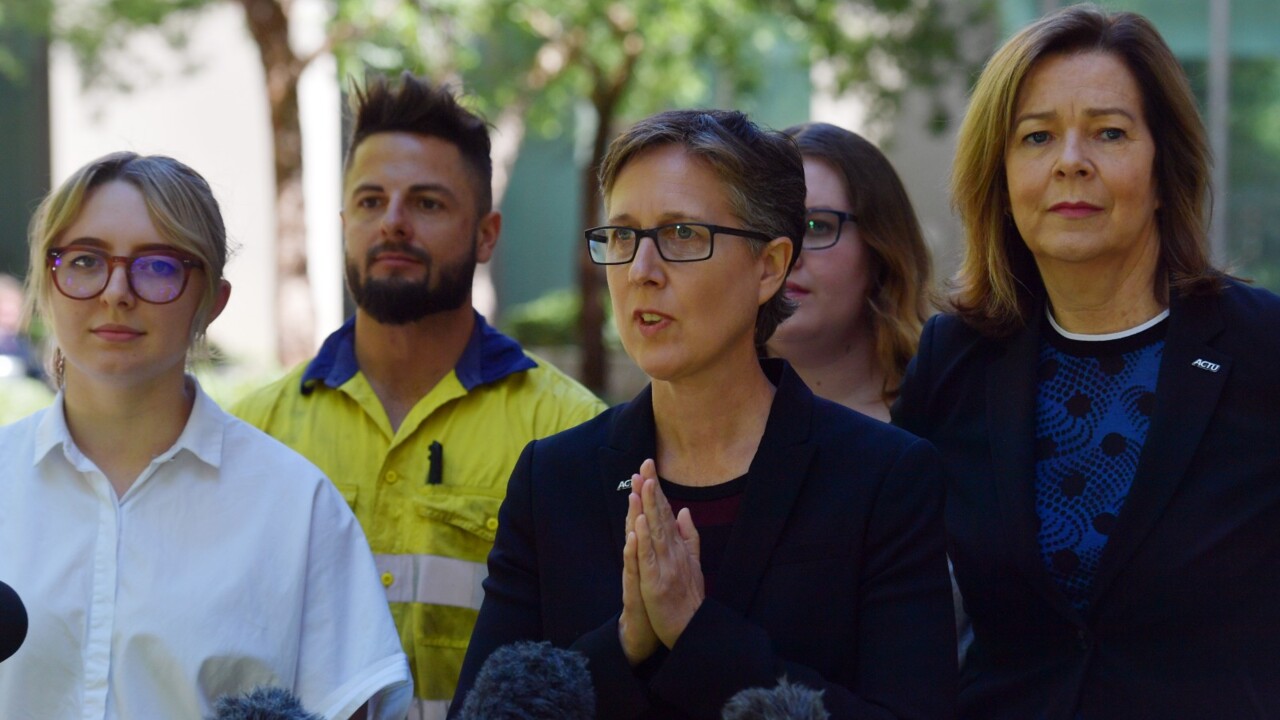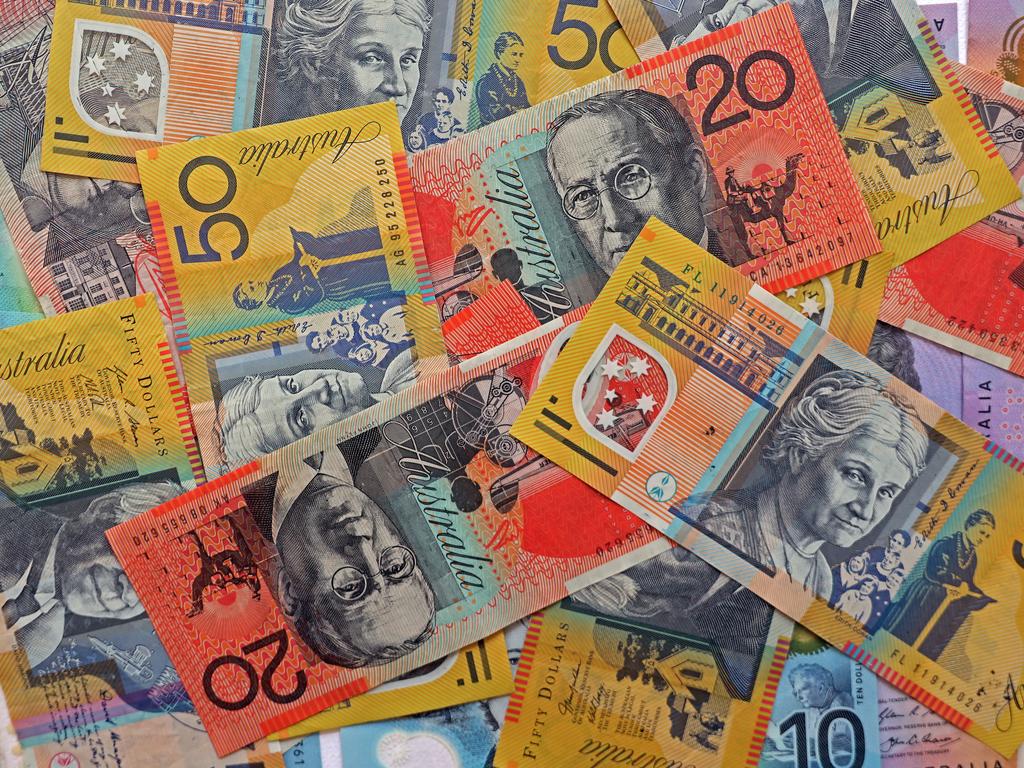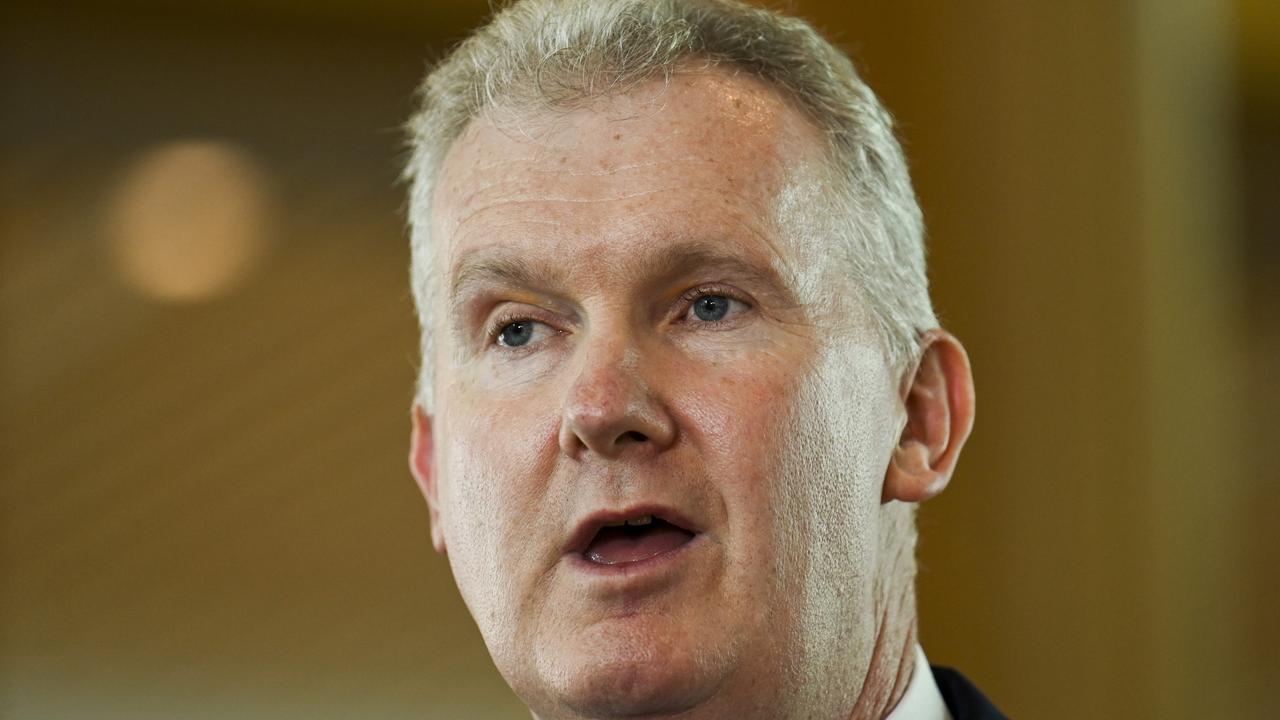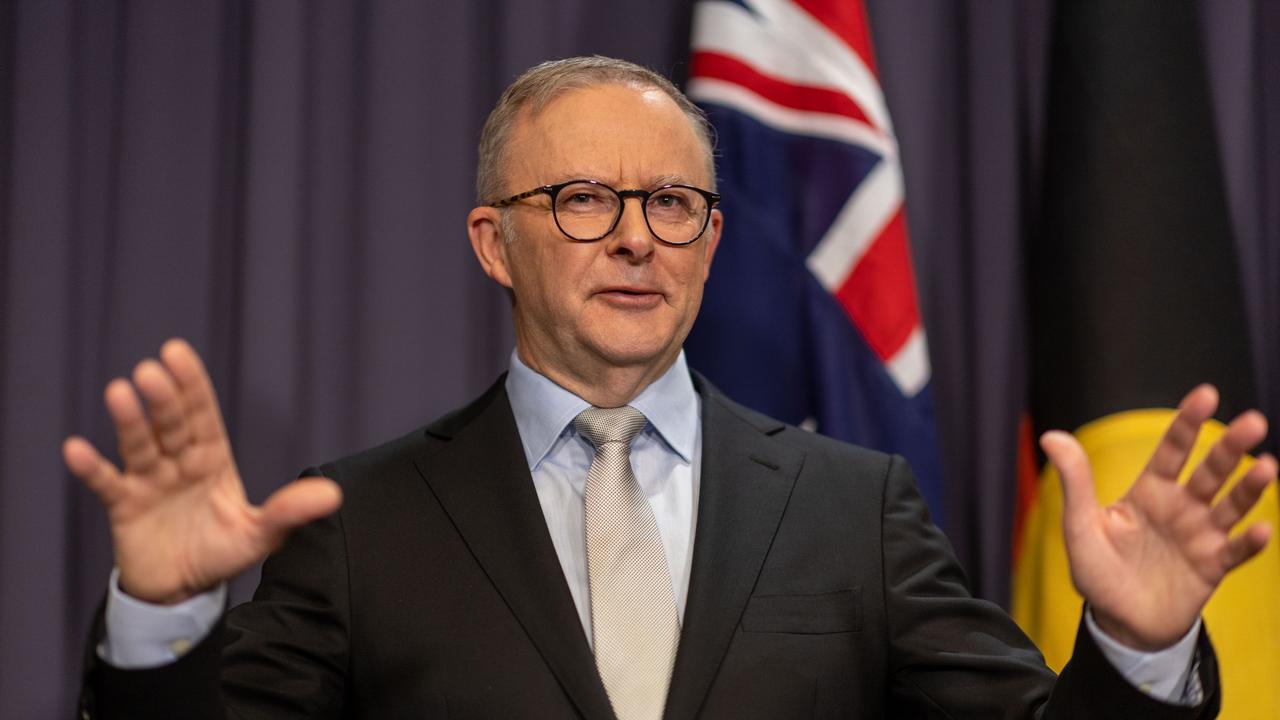Why millions of low-paid Australians could soon get a pay rise
More than 2 million Australians earning the minimum wage or being paid award rates could soon get a raise for one key reason.

Women have been placed front and centre of the call to lift the minimum wage in line with inflation.
The Albanese government has confirmed it will back a wage increase for Australia’s lowest paid workers that keeps pace with inflation for the second year in a row.
The Fair Work Commission is carrying out its annual wage review to determine whether to raise the national minimum wage for Australia’s lowest paid workers from $21.38 per hour.
It is also assessing whether to lift award rates of pay.

About one in four workers, or 2.67 million people, are expected to be directly affected by this decision, with most changes expected to come into effect in the first full pay period on or after July 1.
The government’s submission, which was published in full on Friday, did not list a figure of how much the government wants wages to increase by.
“The Australian government recommends that the Fair Work Commission ensures the real wages of Australia’s low-paid workers do not go backwards,” the submission says.
Speaking following the release of the submission, Employment Minister Tony Burke said many of those low income earners were “disproportionately women”.
“This will be the first annual wage review where one of its objectives is gender equality,” he told reporters in Canberra.
“People who are low wage earners are disproportionately women. Part of the outcome of what the government’s submitting should have the automatic impact of helping to close the gender pay gap.
“That’s why we’re putting it in those terms.”

Gender pay equality became an objective of the Fair Work Act last December after parliament signed off on changes under Labor’s “secure jobs, better pay” legislation.
The submission did not recommend that the wage umpire should automatically lift wages in line with inflation “across-the-board” nor should inflation be the only factor considered by the FWC.
Inflation fell again to 6.8 per cent in February but it is still much higher than the Reserve Bank of Australia’s target range of 2 to 3 per cent.
Three more sets of inflation figures are due to be released before the FWC makes it decision on the minimum wage and award rates of pay in June.
Prime Minister Anthony Albanese, who last year declared he would “absolutely” support a wage rise to match inflation, reiterated his “values haven’t changed”.
“This isn’t a government decision. This is a decision of the Commission that takes everything into account,” he said.

“(We) won't put a figure on it, as last year’s didn’t either. But it will say that the Fair Work Commission needs to take into account that people on the minimum wage essentially spend every dollar that they get.
“They work hard. They're the people who were the heroes of the pandemic, many of them, our cleaners, our essential workers, guess what about essential workers, they’re essential.”
In 2022, Labor recommended an increase in line with inflation – which was then 5.1 per cent – in its submission to the FWC wage review. The industrial tribunal lifted the minimum wage by 5.2 per cent.
Australia’s peak union body has urged the FWC to lift the minimum hourly rate for the lowest paid people in Australia by 7 per cent to $22.88 from July, taking the annual wage for these workers to $45,337 a year.
ACTU secretary Sally McManus said people should stop using the threat of a wage-price spiral as a reason not to increase the wages of low-paid workers.
But business lobby groups have called for restraint, citing fears that a big wage rise could tip Australia into a recession.



